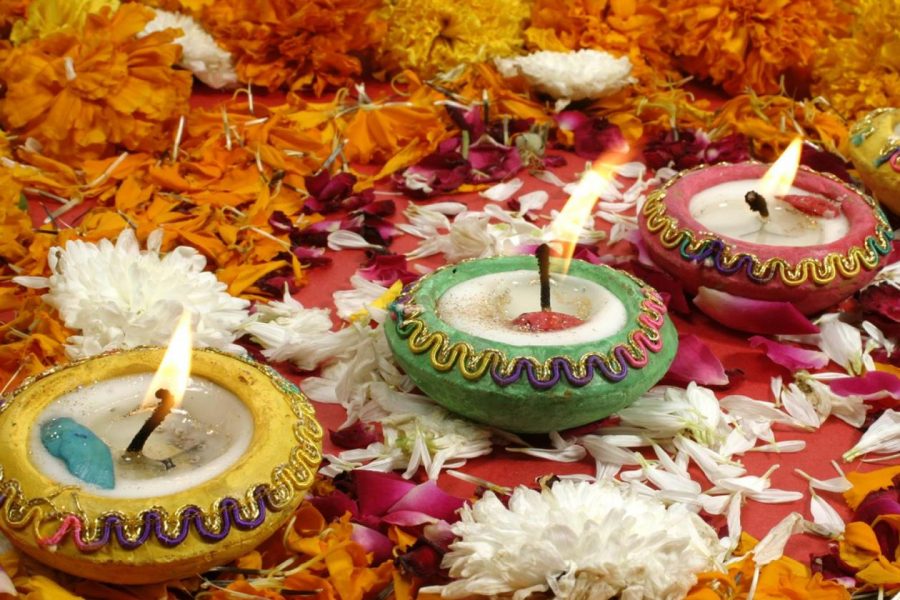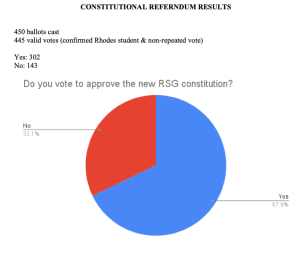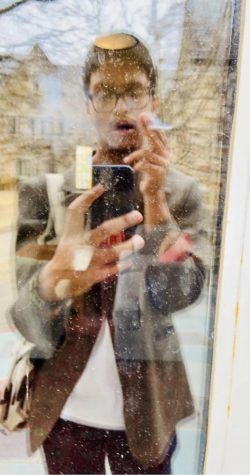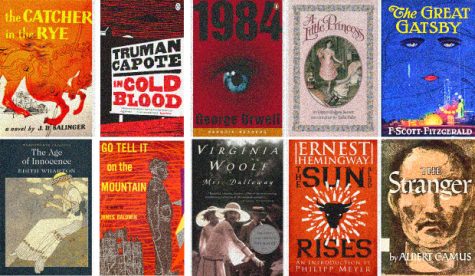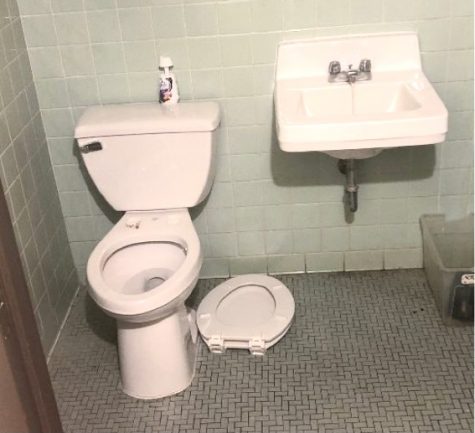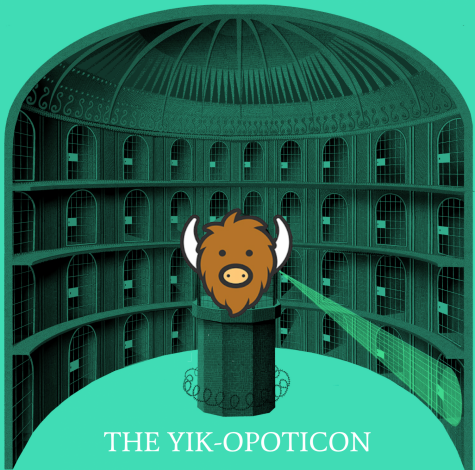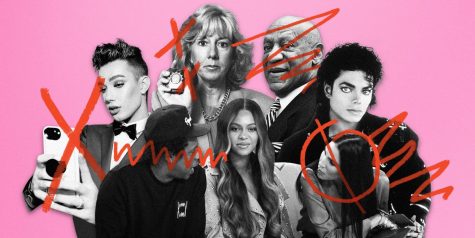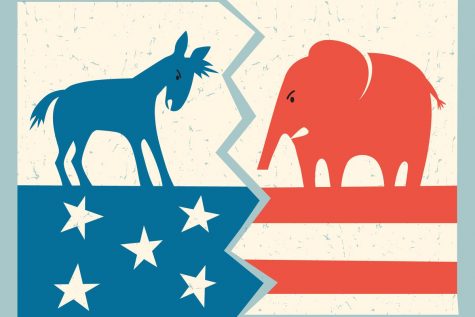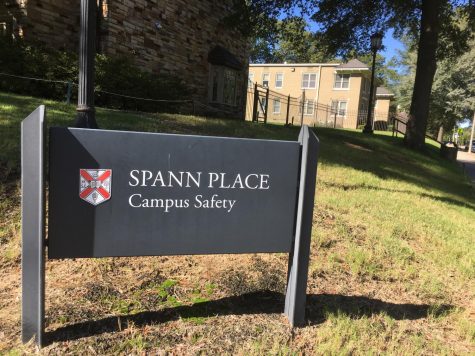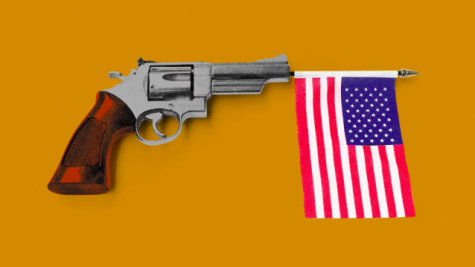Diwali: More than just ‘the festival of lights’
November 7, 2018
So, in American culture, Diwali is mostly known as the festival of lights. It is the easiest way that people in the Hindu culture can explain it. And it is a festival of lights. It is symbolic of the victory of light over darkness and good over evil. However, Diwali to me is so much more than that.
Generally, in Indian culture, family is central to identity. In my family in particular, they all live near each other in our town in Mumbai. My parents’ generation all grew up together like they were brothers and sisters, regardless of their actual familial relationships. Everyone’s aunt and uncle is like their mom and dad. While I did not grow up in India, my parents brought that same ideology to Memphis: family is important.
Then, how do I describe that Diwali is so much more to me than the festival of lights? How do I describe how I feel when my grandmother sends boxes of mithai (sweets) and other Diwali faral (snacks) or when I get so many phone calls and messages of love from family in India, wishing me, despite the time difference? I can’t. I cannot express that Diwali is so much more to me. In short, it is a time of love and a time to nurture familial relationships. The bonding that my cousins have when we light up firecrackers at ungodly hours is so much more important to me than the actual act. Diwali is a time for social and community and family bonding.
Also, Diwali has a religious aspect to it. I think people tend to forget this as it becomes more of a commercial holiday. The festival is associated with multiple Hindu gods (it is also celebrated by Sikh and Jain populations, but I cannot speak for those communities), like Lakshmi, goddess of prosperity, Durga, a warrior goddess, and Rama, an avatar of Vishnu the preserver. While I do not consider myself a devout Hindu, I do identify with certain aspects of the religion. This year, on the third day of Diwali, which is a five day celebration, I had a medical school interview. Usually, I would not acknowledge any relationship of timing with such an event. But it fell on the actual day of Diwali, the day where Lakshmi is celebrated. This day is the day where we pray to Lakshmi to bring happiness and prosperity into our home. The coinciding of these two events gave me hope and reassurance for no logical reason other than my own spirituality.
All in all, I hope people understand the cultural significance of Diwali in South Asian homes. It’s my favorite holiday and is super fun. So even if you do not identify with a religion that celebrates it, I encourage you to read about it and to come to South Asian Culture and Advocacy’s Diwali celebration on Nov. 16 in the BCLC Ballroom at 7. There will be free food, music, and cool dance and musical performances.



